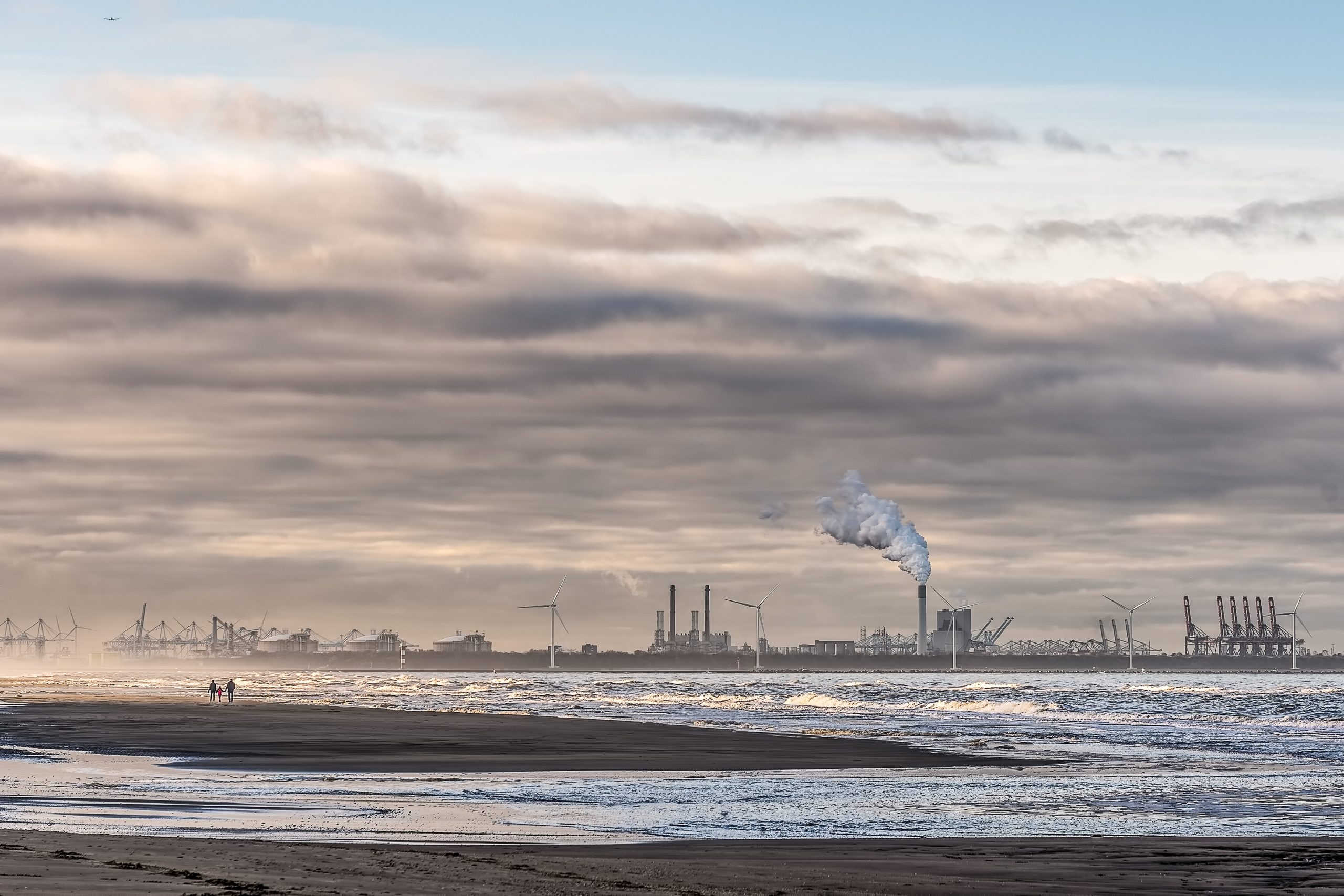

According to a study released that used declassified military data for the first time, Polynesians who were exposed to radioactive particles from French Polynesia Nuke Tests in the South Pacific had a marginally higher chance of acquiring thyroid cancer.
Between 1966 and 1975, France conducted 41 atmospheric nuclear bomb tests in French Polynesia, exposing locals to the fallout and causing a long-lasting rift between Paris and the people of the Pacific archipelago.
Using risk modeling, the study, which was published in the journal JAMA Network Open, hypothesized that between 0.6 and 7.7 percent of thyroid cancers in French Polynesia were related to nuclear tests.
“This is the proportion of thyroid cancer attributable to the tests among all the cases of thyroid cancer that have or will develop in the people present at the time of the tests, in all islands combined,” the study’s lead author Florent de Vathaire told AFP.
The impact of the French Polynesia Nuke Tests were “weak but not at all non-existent,” said de Vathaire, a radiation expert at France’s INSERM medical research institute.
The study compared 395 persons diagnosed with thyroid cancer in French Polynesia between 1984 and 2016 to 555 people in the general population.
It was an update to prior research released by the same team in 2010.
“This is the first study that uses confidential army reports declassified in 2013,” de Vathaire said.
The researchers reconstructed the radioactive cloud formed by each nuclear test using documents, meteorological data, and interviews with cancer patients, and assessed the dose of radiation received in each participant’s thyroid.
Each person received roughly five milligrays of radiation, a standard unit of radiation absorption.
According to INSERM, the scientists discovered “no significant association” between the radiation exposure and the risk of thyroid cancer.
However, the association was deemed substantial if the analysis only included aggressive cancer that required treatment.
France moved its nuclear testing underground in 1975, but blasts in the Pacific continued until 1996. France conducted around 200 experiments over a three-decade period.
During a visit to the capital Papeete in 2021, French President Emmanuel Macron admitted that France owed Polynesians a “debt” for the nuclear testing, pushing for the release of classified military secrets.
more recommended stories
 Precision Oncology with Personalized Cancer Drug Therapy
Precision Oncology with Personalized Cancer Drug TherapyKey Takeaways UC San Diego’s I-PREDICT.
 Iron Deficiency vs Iron Overload in Parkinson’s Disease
Iron Deficiency vs Iron Overload in Parkinson’s DiseaseKey Takeaways (Quick Summary for HCPs).
 Can Ketogenic Diets Help PCOS? Meta-Analysis Insights
Can Ketogenic Diets Help PCOS? Meta-Analysis InsightsKey Takeaways (Quick Summary) A Clinical.
 Silica Nanomatrix Boosts Dendritic Cell Cancer Therapy
Silica Nanomatrix Boosts Dendritic Cell Cancer TherapyKey Points Summary Researchers developed a.
 Vagus Nerve and Cardiac Aging: New Heart Study
Vagus Nerve and Cardiac Aging: New Heart StudyKey Takeaways for Healthcare Professionals Preserving.
 Cognitive Distraction From Conversation While Driving
Cognitive Distraction From Conversation While DrivingKey Takeaways (Quick Summary) Talking, not.
 Fat-Regulating Enzyme Offers New Target for Obesity
Fat-Regulating Enzyme Offers New Target for ObesityKey Highlights (Quick Summary) Researchers identified.
 Spatial Computing Explains How Brain Organizes Cognition
Spatial Computing Explains How Brain Organizes CognitionKey Takeaways (Quick Summary) MIT researchers.
 Gestational Diabetes Risk Identified by Blood Metabolites
Gestational Diabetes Risk Identified by Blood MetabolitesKey Takeaways (Quick Summary for Clinicians).
 Phage Therapy Study Reveals RNA-Based Infection Control
Phage Therapy Study Reveals RNA-Based Infection ControlKey Takeaways (Quick Summary) Researchers uncovered.

Leave a Comment